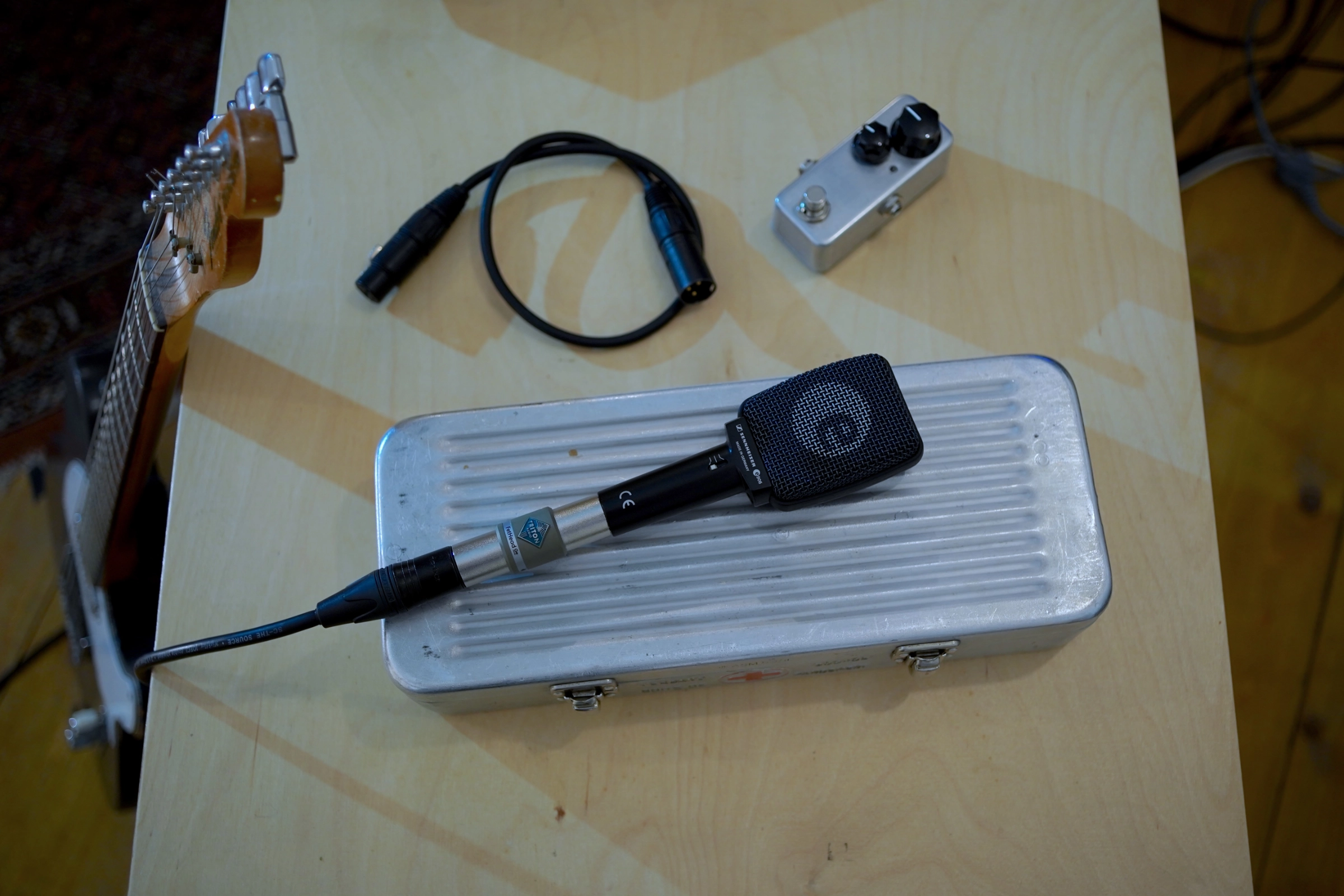• Microphones
There are microphones (mainly ribbon microphones) which do not tolerate phantom power. Connecting a ribbon microphone to a cable which has phantom power applied sends a rush of current through the microphone’s transformer, this current gets amplified by the transformer into the primary circuit of the microphone and forces the ribbon out of the magnetic field it is suspended in, this can permanently stretch the ribbon. We advise to use our FetHead to add clean gain and protect your ribbon microphone against phantom power.
• Microphone preamps
Some (vintage) preamps are sensitive for phantom power at the input. The preamp’s input transformer cannot handle phantom power from another source. The transformer’s thin silk isolations can burn out because a burst of phantom power switching on creates a high voltage in the input transformer. To prevent this a complete blocking is needed.
• Unbalanced TRS to XLR cables
When connecting an unbalanced TRS to XLR cable, pin 3 of the XLR connector is directly connected to ground, creating a short, this can damage input transformers and under dimensioned phantom power circuits.
• Balanced device outputs
Our phantom blocker is a great solution to protect the output of any device connected to the XLR input of a mixing desk or preamp which has phantom power switched on, e.g. your computers audio interface.

Bring your project to the next level with our high-end preamps, in-line preamps, problem solvers and more!
All of our products are slimmed down to what you really need, and only have features that truly enhance your production.